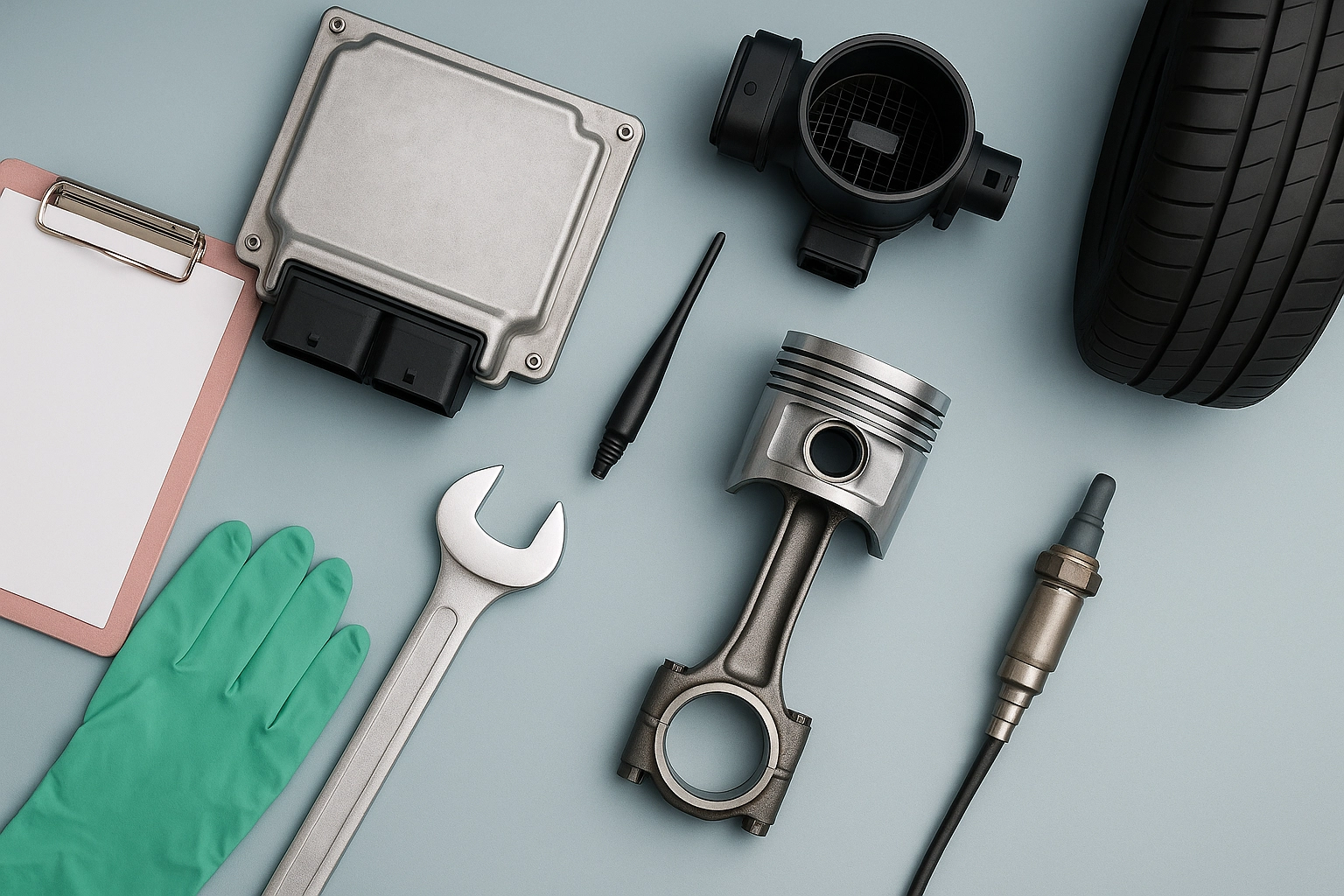ASTM D7097 Gasoline Injector Fouling Assessment
The ASTM D7097 gasoline injector fouling assessment is a critical test method used to evaluate the performance of fuel injectors in the automotive industry. This standardized procedure simulates real-world operating conditions and assesses how quickly an injector becomes clogged by deposits, which can significantly affect engine performance and fuel efficiency.
The test is particularly important for manufacturers looking to ensure their products meet stringent quality standards and comply with regulatory requirements. By understanding fouling rates early in the development process, engineers can optimize fuel system designs to minimize issues that could lead to costly recalls or consumer dissatisfaction.
During the ASTM D7097 test, gasoline containing a controlled amount of fuel additives is circulated through the injector under specified conditions. The rate at which deposits form on the injector needle and pintle is measured over time. This data helps manufacturers make informed decisions about material selection, coating technologies, and overall design improvements.
The fouling assessment can also be used to evaluate the effectiveness of cleaning solutions or additives designed to prevent fouling. By comparing results from untreated and treated fuel samples, researchers gain insights into potential improvements that could enhance injector longevity and reduce maintenance costs for end users.
For quality managers responsible for ensuring product consistency, ASTM D7097 provides a reliable means of validating batch-to-batch variations in fuel injectors. Compliance officers can leverage this information to demonstrate adherence to industry best practices and regulatory guidelines. R&D engineers benefit from its ability to identify areas for innovation, while procurement teams may use the test results to select suppliers who meet rigorous quality criteria.
The ASTM D7097 method has been widely adopted across various sectors, including original equipment manufacturers (OEMs), Tier I and II suppliers, and independent testing laboratories. Its broad applicability underscores its importance in maintaining high standards of automotive engineering.
Applied Standards
| Standard | Description |
|---|---|
| ASTM D7097 | This standard specifies the procedure for evaluating gasoline injector fouling by simulating real-world operating conditions. It includes details on fuel composition, temperature control, and measurement techniques. |
Scope and Methodology
The ASTM D7097 test method is designed to simulate the conditions under which fuel injectors operate in actual vehicles. The process involves preparing a controlled volume of gasoline containing specific additives, then flowing this mixture through an injector at predetermined pressures and temperatures.
During the test, the flow rate and pressure are maintained constant while monitoring any changes in performance metrics such as spray angle, distance, or pattern. Additionally, periodic visual inspections and weight measurements are conducted to detect and quantify fouling deposits forming on the injector needle and pintle.
The duration of each test typically ranges from several hours up to a few days depending on the anticipated fouling rate for different fuel formulations. After completion, detailed reports are generated summarizing key findings including deposit mass accumulation rates, spray pattern deviations, and other relevant parameters.
For accurate results, it is essential that all equipment used comply with applicable specifications outlined in ASTM D7097. This includes precise control over temperature, pressure, flow rate, and time intervals between measurements. Proper sample preparation ensures consistent reproducibility across multiple trials, which is crucial for reliable data interpretation.
Industry Applications
- OEMs use ASTM D7097 to ensure new fuel injection systems meet performance expectations before entering production lines.
- Tier I and II suppliers rely on this test to demonstrate compliance with stringent quality assurance protocols during supplier audits.
- Independent testing labs employ ASTM D7097 as part of their comprehensive service offerings aimed at addressing client needs related to fuel system integrity assessment.





